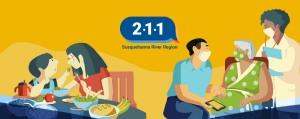Day and night, the Community Resource Navigators at 211 talk to individuals who are scared, frustrated, and confused. Throughout the pandemic, their recourses were critical, answering calls around the clock and helping more people than ever before. This helpline is powered by real people — trained individuals who work to identify and address the root causes of a client’s problem. That means from the first hello, someone in crisis is reaching a real person who can provide a connection to help.

What exactly is 211?
211 is a free and confidential service that helps people across the U.S find the local resources they need. Every day, clients contact 211 to access free and confidential crisis and emergency counseling, disaster assistance, food, health care and insurance assistance, stable housing and utility payment assistance, employment services, veteran services, and childcare and family services.
What Does 211 Do?
No matter the situation, the Community Resource Navigators at 211 listen, identify underlying problems, and connect people in need with resources and services in their community that improve their lives. In 2021 alone, the 211 Susquehanna River Region fielded 56,033 calls, helping thousands of people with life-changing support.
Why Does 211 Matter?
211 does more than “patch people through” to agencies. Instead, 211 Community Resource Navigators are trained to identify root causes of a client’s problem – and connect them with a wide range of available resources that meet all the underlying needs, not just the one that prompted the call, text, or email.

No other program has its “finger on the pulse” of our community’s greatest needs. It’s a vital part of United Way’s efforts to build stronger communities and fight for the Health, Education, and Financial Stability of every person in every community. 211 makes the social services ecosystem and network more efficient by ensuring people in need are connected to agencies and resources that can help them.
Many people continue to feel the impact of the economic fallout of the COVID-19 pandemic, particularly lower-income Americans, people of color, and those without a college degree. As our neighbor’s struggle, 211 is still fielding more than double its normal calls, mostly for help with housing, bills, and food.
If you are in need of assistance, dial 211.
If it is an emergency, call 911.


